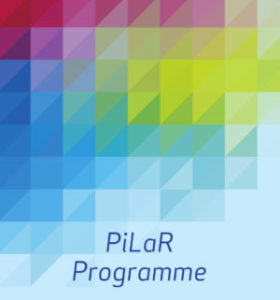Aim:
This study aims to explore the experiences of fathers who have engaged or are currently engaged in the treatment process of a child or adolescent with a clinically diagnosed eating disorder.
Objectives:
• To identify what factors exist to facilitate paternal engagement in the treatment process of a child or adolescent with a clinically diagnosed eating disorder
• To identify what barriers exist to paternal engagement in the treatment process of a child or adolescent with a clinically diagnosed eating disorder
Recruitment process
The target sample for this study are fathers who are either currently or have been previously engaged in the treatment process of their child or adolescent.
• Fathers or male caregivers who are currently or previously engaged with the CAREDS team for the treatment of a child or an adolescent with a clinical diagnosis of an eating disorder (Permission has already been sought from the clinical team at CAREDS)
• Fathers or male caregivers who are currently or previously involved with BODYWHYS for support with regard to a child or an adolescent with a clinical diagnosis of an eating disorder
Fathers will be provided with an information leaflet providing a detailed account of the purpose and aim of the study, and contact details of the researcher facilitating the online focus groups, if they wish to participate or if participants require further information regarding the study.
Informed consent will be obtained through consent forms, if participants wish to partake they will need to provide signed consent, either electronically or in paper format. Purposive sampling will initially be utilised with further participants obtained through snowballing. This sampling approach is used as a method of obtaining data from participants that is relevant and pertinent to the topic being researched (Palinkas et al. 2015). The use of snowballing sampling encourages participants within a study to recruit others known to them with similar experiences to also participate in the study (Naderifar et al. 2017). It is hoped to conduct at least two focus groups, consisting of approximately between four and six participants. Parsons and Greenwood (2000), suggest this number of participants is satisfactory to obtain a diverse range of experiences. The focus groups will be semi-structured in nature and will last approximately forty to sixty minutes.
Contact information
• Hazel O’Sullivan RPN, MSc student – 113718541@umail.ucc.ie 087-2433147
Supervisors
• Dr Aine Horgan UCC- aine.horgan@ucc.ie
• Mr Johnny Goodwin UCC- John.goodwin@ucc.ie



